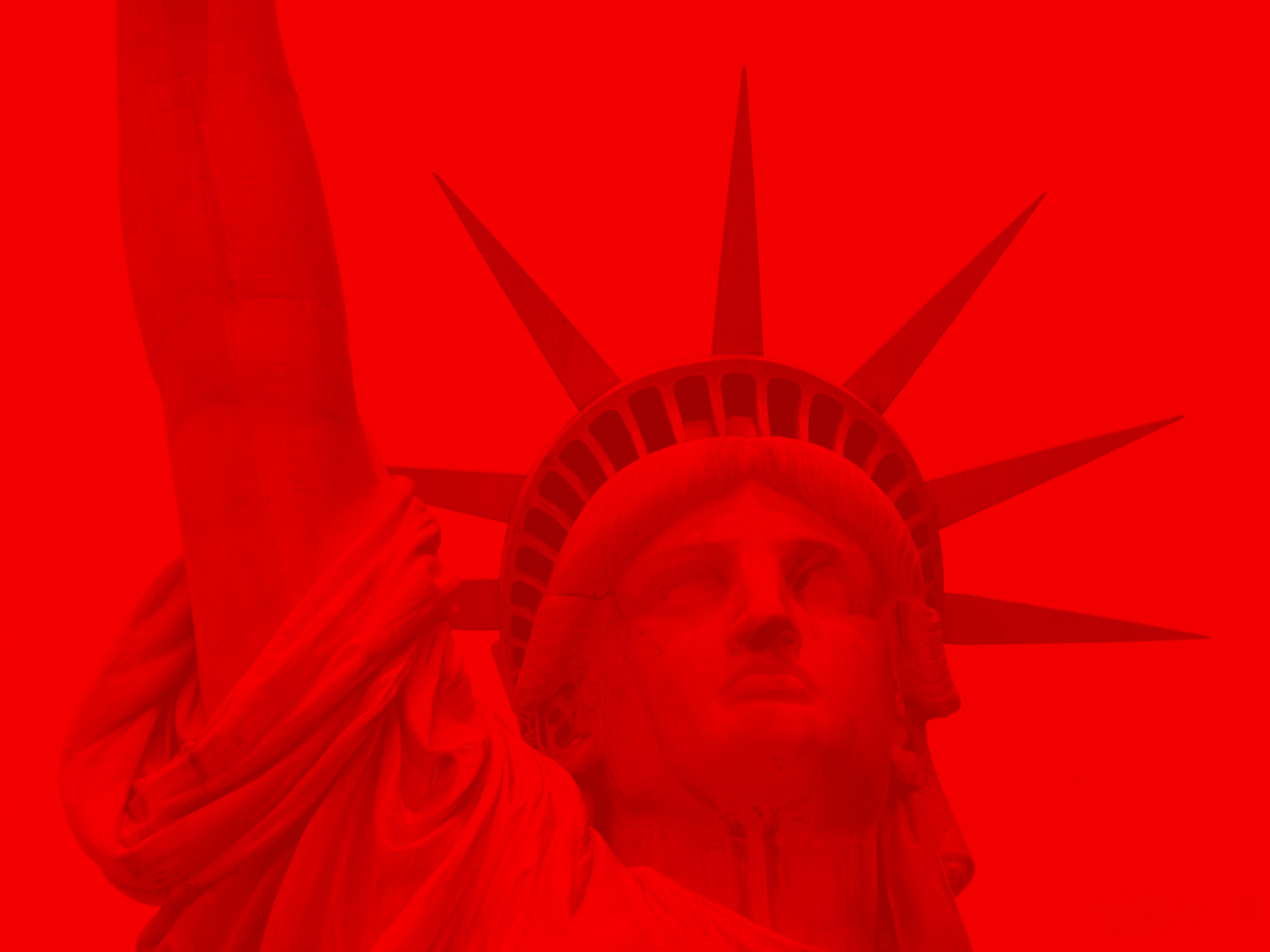The 1992 Consensus, Repackaged
Taiwan’s politics has always had a peculiar theatrical charm - part tragedy, part comedy - but in recent years, the performance has begun to feel darker, almost sinister. The Kuomintang (KMT), Taiwan’s long-standing opposition party that traditionally favors closer ties with China, has reinvented itself. For decades, the KMT relied on the 1992 Consensus, a tacit agreement with Beijing that there is “one China” but each side can interpret what that means. This agreement was largely symbolic, designed to maintain peace across the Taiwan Strait.
Today, the KMT is dressing this old idea in softer, more appealing language. Its slogans now speak of “peaceful dialogue,” “cultural ties,” and “shared destiny”- phrases that sound harmless, even romantic. It’s Disneyland 2028: the same show as before, only with brighter lights, smiles, and music.
But this isn’t harmless theater. Like Hong Kong before it, Taiwan risks a slow, quiet transformation. Its autonomy could be eroded step by step, regulation by regulation, until the island is politically altered without a single shot fired. The real battle is psychological, fought not with missiles, but with narratives, cultural influence, and subtle coercion.
Beijing’s Strategy for 2028
Beijing sees Taiwan’s 2028 election as a critical battleground. Rather than risking open military confrontation, China is pursuing a sophisticated strategy to tilt the island toward reunification through political, legal, and economic pressure. Pro-China factions, notably the KMT, are central to this approach, acting as vectors of influence that can reshape public opinion and electoral outcomes.
Economic leverage, media co-option, disinformation campaigns, and targeted narratives are all being deployed to undermine confidence in Taiwan’s democratic institutions. The goal is not immediate conquest but gradual assimilation, replicating a “patriots governing” model similar to what has been imposed in Hong Kong. By the time Western policymakers notice, the island could be functionally integrated under Beijing’s terms, with sovereignty ceded quietly, under the guise of dialogue and compromise.
The Western Blind Spot
Here lies the danger for the West. American and allied strategy remains overwhelmingly focused on deterring a military invasion. While these preparations are necessary, they ignore a far subtler and more insidious threat: a political surrender disguised as diplomacy.
If the KMT, seduced by the narrative of dialogue and cultural affinity, wins the 2028 election and negotiates a “peaceful” arrangement with Beijing, the U.S. and its partners may find themselves with no legal or moral grounds to intervene militarily. Western ideals - democracy, rule of law, and freedom of expression - could be undermined not by bombs, but by storytelling, charm, and deception.
Hybrid warfare tactics already in play range from social media manipulation and deepfake technology to the economic co-option of Taiwanese media outlets. Cultural exchanges and non-political dialogue programs are sometimes used as cover to weaken democratic resilience. Left unchecked, these strategies erode public trust, foster political apathy, and ultimately hollow out the island’s sovereignty.
Taiwan’s Identity at Stake
Taiwan’s political identity is clear: it is a democratic nation with free elections, its own constitution, legislature, currency, military, and guarantees of religious freedom. China, by contrast, operates without multi-party elections, restricts religious freedom, and is ruled by a single authoritarian figure. Taiwan is not part of China.
Its cultural identity is equally distinct. Mandarin is used officially, traditional calligraphy is preserved, and authentic Chinese cultural heritage thrives under Taiwanese stewardship. Yet Beijing’s strategy, aided by the KMT’s soft narrative, conflates cultural ties with political unity. This deliberate blurring of identity is central to the psychological campaign against Taiwan’s sovereignty.
The Battle for the Story
While the Democratic Progressive Party (DPP) rightly emphasizes sovereignty, democracy, and security, its messaging risks being drowned out by the KMT’s Disneyland rhetoric. Comfort, not confrontation, wins hearts. The KMT sells peace and shared culture while masking political compromise and gradual surrender.
Taiwan’s future may hinge on who controls the story of Chinese civilization. Beijing loudly proclaims itself as the sole heir to 5,000 years of heritage, while the KMT cloaks political concession in cultural language. The DPP has an opportunity to reclaim this narrative: Taiwan’s democracy is not a foreign import but a living continuation of China’s ethical and pluralistic traditions, an ancient civilization realized through modern freedom, humanism, and moral governance.
Failing to assert this narrative allows Beijing’s authoritarian vision to fill the vacuum. Surrendering the story means surrendering sovereignty, slowly and almost imperceptibly.
Western Policy Responses
The West must broaden its focus beyond the threat of military conflict and actively contest the cultural and narrative battlefield. This requires a multi-pronged strategy:
Economic and technological integration: Deepening co-investment in semiconductors and supply chains, leveraging Taiwan’s expertise to enhance resilience against coercive pressures.
Democratic resilience: Supporting technology, media literacy, and training to counter disinformation campaigns, cyber operations, and economic manipulation targeting public trust.
Regional integration: Bringing Taiwan into the broader democratic architecture of the Indo-Pacific. Japan’s pro-Taiwan stance, exemplified by Prime Minister Sanae Takaichi, should be leveraged to deepen economic, military, and cultural ties, signaling regional support for democratic governance.
The 2028 election is not just another political contest; it is a potential pivot point for Taiwan’s fate. A KMT victory could appear as a diplomatic success, but in reality, it risks slowly erasing the island’s autonomy, rewriting it through charm and deception rather than conflict.
Empires do not always return with fire. Sometimes, they come with fairytales. Taiwan still has time to defend its democracy, culture, and story. But the clock is ticking, and the carriage outside is already waiting.


